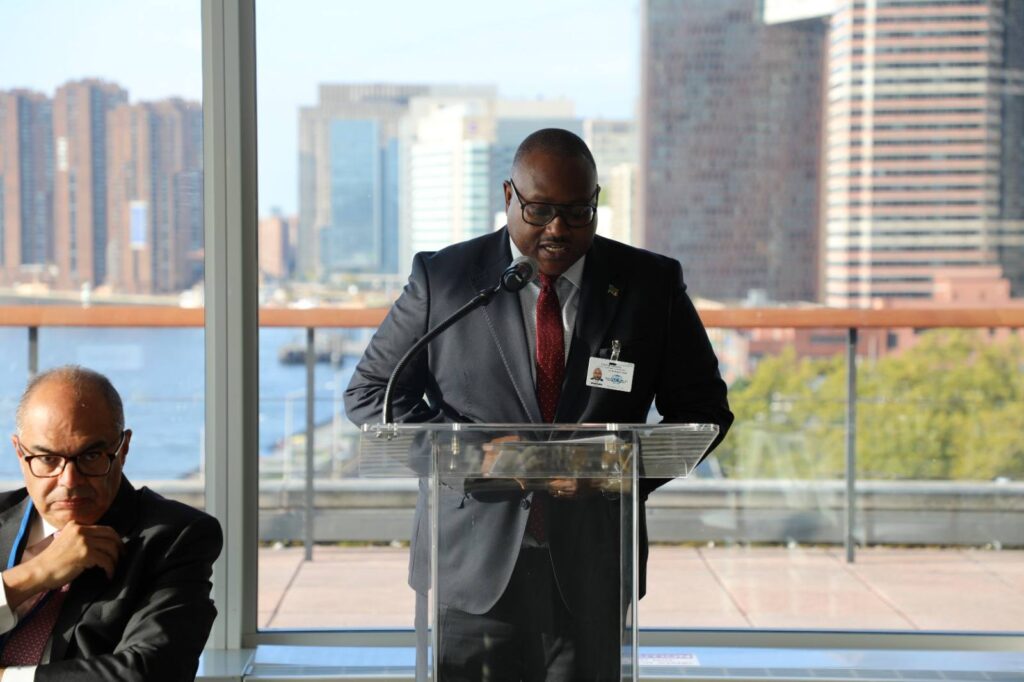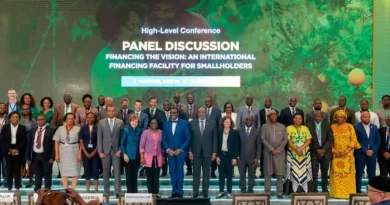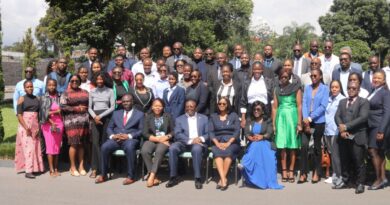Zambia Urges Collective Action to Reform Global Debt Architecture
Zambia’s Minister of Foreign Affairs and International Cooperation, Hon. Mulambo Haimbe, has called for strengthened collective action to address unsustainable debt and accelerate reforms of the international financial system.
Speaking at a side event co-hosted by Zambia and Egypt on the margins of the 80th United Nations General Assembly, Hon. Haimbe stressed that mounting debt burdens continue to block vital investments in health, education, infrastructure, and social protection across many developing nations.
The event, attended by representatives from 16 Global South countries, focused on operationalising the Non-Creditors’ Platform – a mechanism endorsed during the Fourth International Conference on Financing for Development in Seville earlier this year, which produced the landmark Sevilla Commitment. The initiative aims to give borrower countries a stronger, collective voice in sovereign debt negotiations.
“The evolving global economic landscape requires deeper coordination among nations with shared development priorities,” Hon. Haimbe said, underscoring Zambia’s commitment to shaping a fairer debt architecture.
Egypt’s Foreign Minister, Hon. Badr Abdel-Atty, warned that rising debt levels, climate pressures, and costly borrowing were undermining progress towards the Sustainable Development Goals. He reaffirmed Egypt’s support for both the platform and broader financial reform.
Finance ministers from Pakistan and Angola echoed these calls, urging that the platform be designed to remain flexible and practical, while also challenging credit rating agencies to rethink models that contribute to recurring debt crises.
Prudence Kaoma, Permanent Secretary at Zambia’s Ministry of Finance and National Planning, noted a shared consensus among member states to finalise a roadmap and concept note for the platform’s operationalisation.
Participants agreed to fast-track discussions, with further progress expected during the World Bank and International Monetary Fund Annual Meetings in October.



